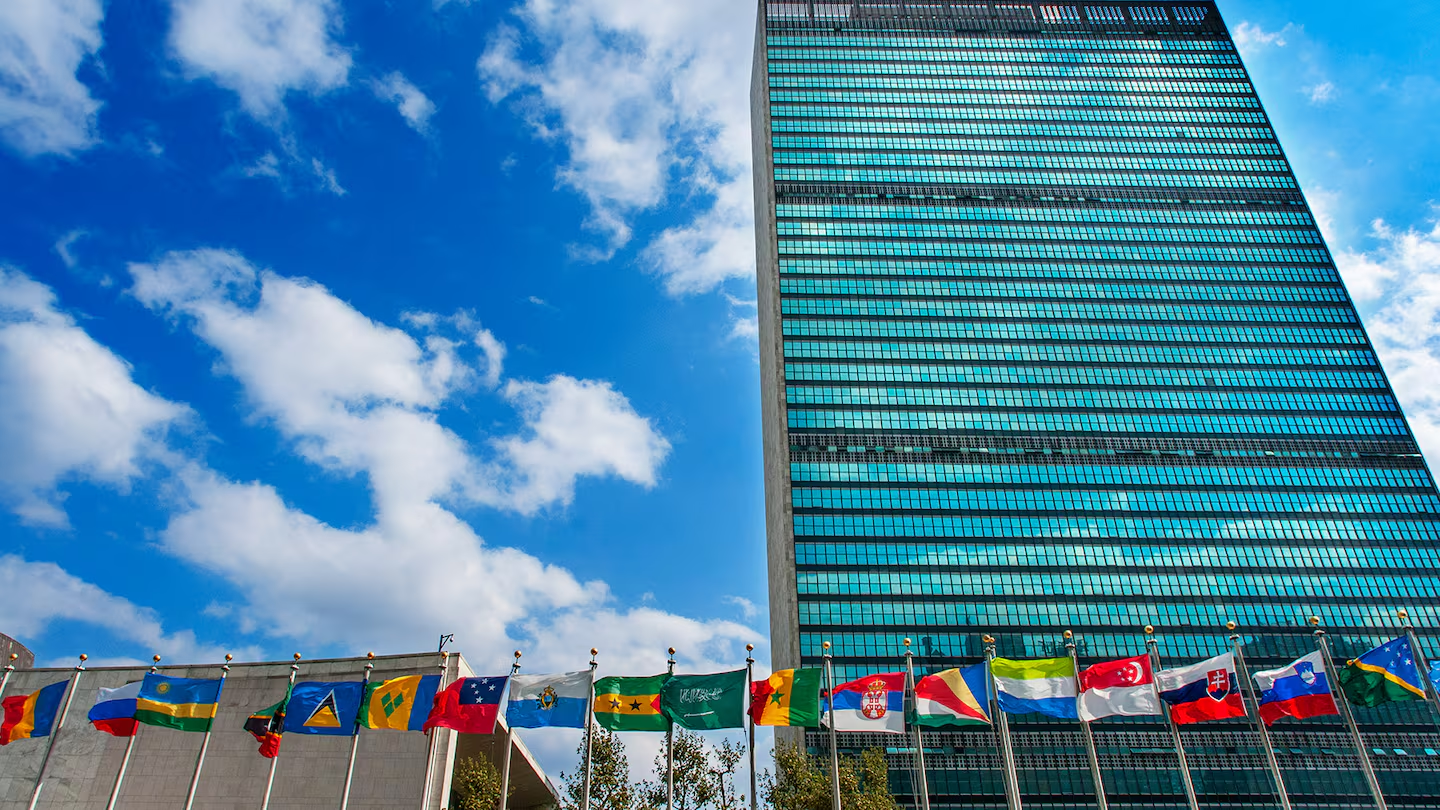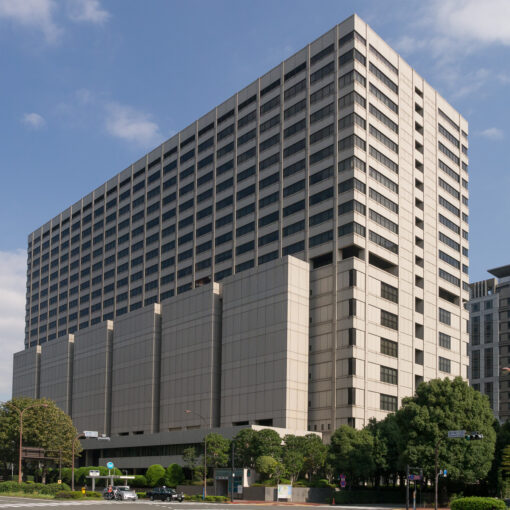Upon the initiative of the United Nations Human Rights Council (the UNHRC), a new legally binding agreement regulating transnational business enterprises’ human rights violations is likely on its way. If / when the Treaty is adopted and enters into force, it will have a significant impact on corporate liability. The future legal value of the Draft Treaty will be that of enforceable regulation, provided of course that it is adopted in its current form. The future Treaty will in that case install a much stricter human rights regime for transnational business corporations. Violating obligations under the Treaty can result in victims claiming remedies before national courts, including the right to ecological restoration and environmental remediation. Ecological restoration and environmental remediation are some responses to climate change, and thereby this Treaty is likely to impact future climate litigation. This blog post analyzes the current draft text of the treaty and explains how victims of human rights violations might, in the future, rely on the Treaty in court, thereby impacting corporate litigation, also related to climate change. Thereby, actions against corporate entities for climate-related human rights harms can be brought before the courts.
Important Legal Changes in the Global Business Framework
Following the adoption of resolution 26/9 in 2014, the UNHRC established an open-ended intergovernmental working group (OEIGWG). The OEIGWG published its initial document in 2017. This document was a proposal reflecting the important elements of the Treaty’s content, scope, nature, and form. The elements reflected input from States and other stakeholders. The Draft Treaty is still being negotiated and amended. Given that the Treaty, assuming it is adopted, will be legally binding and carry important implications for transnational business corporations, negotiations between the UN States are lengthy. To my knowledge, there is at present no set date for the next round of negotiations (the 10th session)
If adopted, the Draft Treaty brings about some interesting changes in the international legal landscape, also when ecological harm results in human rights violations. For example:
- business enterprises’ human rights obligations will be more intensively regulated, moving towards a stricter regime;
- a stricter regime of systemic responsibility will be imposed upon the State Parties, as the Draft Treaty entails specific obligations for the State Parties;
- improvement of conditions for civil society actors who defend human rights in connection with the environment; and
- where applicable, victims of human rights violations will have a right to ecological restoration and environmental remediation.
The Draft Treaty complements soft law in the same area, namely the UN Guiding Principles on Business and Human Rights. One aim of the Draft Treaty is to clarify the obligations incumbent upon business enterprises concerning human rights. This is likely to impact the success rate of litigation claims, since the clearer an obligation is in its scope and nature, the more likely it is that non-compliance is sanctioned. This holds for tort law (liability), criminal law, and administrative law. This is an important point, as the Draft Treaty leaves it up to the State Parties to determine whether the human rights violations are best dealt with in administrative, criminal, or civil law (Art. 8.2). In other words, The State Parties must ensure the establish a responsibility that is responsive to victims and commensurate, be that criminal, civil, or administrative liability.
State Parties’ systemic responsibility
State Parties will see their human rights obligations getting heavier, entailing both procedural and substantial obligations, if the treaty is adopted. The Draft Treaty entails a systemic responsibility for the State Parties, meaning states’ responsibility to actively implement the Treaty, and to prevent and remove barriers to compliance with the Treaty’s purposes and provisions. “Systemic responsibility” is a concept that is opposed to individual responsibility. It is a more generalized responsibility for the whole public regulatory system. Systemic responsibility pertains to the influence the State can have over individuals and companies by regulating, controlling, and sanctioning policy measures (Bang & Holle (2020), ‘Making Legal History: State Liability for Negligence in Climate Change’, European Public Law, vol. 26, no. 1, pp. 45-57).
As for the procedural obligations of the Draft Treaty, States must provide access to justice and legal remedies to victims (Arts. 2(e), 6, 7, and 8, in particular). Regarding access to remedies, states are obliged to consider the needs of those at risk of vulnerability (Art. 7.2(a)). Interpretation of the Draft Treaty text should still be careful, as the Draft Treaty is not yet final. Still, with that in mind, “vulnerability” will likely cover people living in poor or risky conditions due to climate change. Moreover, States are obliged to guarantee a safe and enabling environment for individuals and civil society actors that defend human rights connected with the environment. States must establish a sanctioning system for cases of business enterprises’ non-compliance by way of legal liability for both legal and natural persons. State Parties are free to determine if the human rights violations under the Draft Treaty are best dealt with in national administrative, criminal, or civil law (Art. 8.2)
When court cases against transnational business enterprises for human rights violations are pending, precautionary measures may be taken (Arts. 4.4 and 5.4). This is the case if the situation at hand is urgent, entails serious risks, or involves ongoing human rights abuse. Under the Draft Treaty, requesting precautionary measures may be a right for victims (Art. 4.4), and/or an obligation for the State Party (Art. 5.4). In national court systems, precautionary measures often translate to injunctions. As a legal remedy, a court-ordered injunction serves to prevent damage. Injunctions are, therefore, often directed against the risk of harm, i.e., a harm that has not materialized itself yet, and it may be pertinent where there are risks involving climate change or threats to ecosystems. An injunction will do one of two things: either restrain the defendant/business enterprise from doing something (a prohibitory injunction) or oblige the defendant/business enterprise to do a specific act (a mandatory injunction). Injunctions in climate cases are further addressed below in connection with ecological restoration and environmental remediation.
As for the substantial obligations, the statement of purpose of the Draft Treaty is for States to “respect, protect, fulfill and promote human rights in the context of business activities, particularly those of transnational character” (Art. 2(a)). Under the Draft Treaty, States have an obligation to protect victims (Art. 5), to adopt policy measures to ensure that the goals of the Treaty are met (Art. 6), and to provide access to remedies for victims (Art. 7).
The text so far is not too specific in addressing how States should fulfill these obligations. The Draft Treaty rather obliges States to make efforts to ensure the protection and promotion of human rights, and it obliges States to guarantee compliance with human rights (for instance, Art. 4(2)). States must ensure that human rights violations by business enterprises are avoided by regulating their activities in an effective manner (Art. 6.1). States have limited freedoms in the regulatory measures chosen; measures obliging business enterprises to carry out human rights due diligence must be legally enforceable (Art. 6.4).
As to the consequences of States’ possible non-compliance with their obligations under the Draft Treaty, there is so far no mention of sanctioning. The Draft Treaty only states that in case of disputes among two or more states on the application and interpretation of the Draft Treaty, the International Court of Justice or a court of arbitration must settle the dispute (Art. 18.2).
Primary and Secondary Corporate Liability: Mandatory Due Diligence, Ecological Restoration, and Environmental Remediation
The Draft Treaty will install a stricter regime of corporate liability requiring business corporations to carry out human rights due diligence, most importantly covering a risk-based assessment, provided it is adopted. Further, the Draft Treaty grants victims the right to ecological restoration and environmental remediation in cases of ecological damage amounting to human rights violations.
Mandatory Due Diligence
Business enterprises must conduct “human right due diligence”, which “in every case” means identification and assessment of the adverse impact on human rights, adoption of measures that mitigate or prevent such adverse impact, monitoring of the effectiveness of those measures, and communication to external stakeholders about the completion of the aforementioned tasks (Art. 1.8).
Such “mandatory due diligence” is also relevant in climate litigation (Rajavuori, Savaresi & Asselt (2023). Currently, some countries have climate-specific obligations for business enterprises in mandatory due diligence regulation. One notable and recent example of a case built on that type of regulation is that of the pending French case of Notre Affaire à Tous, Les Amis de la Terre, and Oxfam France v. BNP Paribas. The plaintiffs claim that the financial institution BNP Paribas has violated its obligations under the French mandatory due diligence act by failing to conduct accurate climate risk assessments of its activities (see here). The Draft Treaty’s obligation to mandatory due diligence can be a similar basis for court claims in the future.
In carrying out their human rights due diligence obligation, transnational business enterprises must “take particular account of the needs of those who may be at heightened risks of vulnerability or marginalization” (Art. 6.4(c)). As mentioned above in connection with Art. 7.2(a), insecure or decreased living conditions due to climate change may very well create vulnerability. Possible measures, meaning steps that business enterprises can take to meet their human rights due diligence obligations, are regular and published assessments; integration of age, gender, and indigenous perspectives; particular consideration where there is a risk of vulnerability; and protection of human rights defenders (Art. 6.4).
The Draft Treaty further installs a non-delegable duty to ensure that human rights abuse by third parties (within the transnational business enterprise’s control sphere) is prevented (Art. 6.5). When this article is read together with Article 8.1, on legal persons’ legal liability for business relationships, one may infer that transnational enterprises have vicarious liability for third parties (a secondary liability).
Ecological Restoration and Environmental Remediation
Under the Draft Treaty (Art. 4.2(c)), ecological damage can also amount to human rights violations. Such human rights violations can be sanctioned by means of environmental remediation and ecological restoration. This means that reparation of ecological harm can be carried out in kind rather than through financial compensation. The rights to ecological restoration and ecological harm, respectively, are guaranteed to victims (Art. 4.2(c)). Consequently, this clear statement of victims’ rights can make plaintiffs’ claims more likely to succeed in a possible court case.
Human rights and climate litigation often revolves around plaintiffs asking for injunctions; notable examples are the Belgian Klimaatzaak case, the Dutch Urgenda case, the French Notre Affaire à Tous v. la France case, and the Swiss KlimaSeniorinnen case. Injunctions in climate litigation could be a court order prohibiting a business enterprise’s extraction activity in a particular vulnerable geographic area where there is a high risk of climate consequences and/or environmental damage to a point where it infringes human rights. Mandatory injunctions are also quite relevant, for instance, an injunction ordering a business enterprise to ensure the recovery of an ecosystem.
In conclusion, even though the Draft Treaty is still in its making, once adopted, the Treaty will install a global regime of mandatory human rights due diligence for transnational business enterprises by way of primary and secondary liability, and by obliging States to effectively guarantee human rights. In climate litigation, the clear-cut rights to ecological restoration and environmental remediation are likely to play an important role, just as the mandatory adjustments of the burden of proof will impact the outcome of future cases.

Marie-Louise Holle
Marie-Louise Holle is the Sabin Center’s national rapporteur for Madagascar, Monaco, Namibia, the Seychelles, and the Vatican City.




